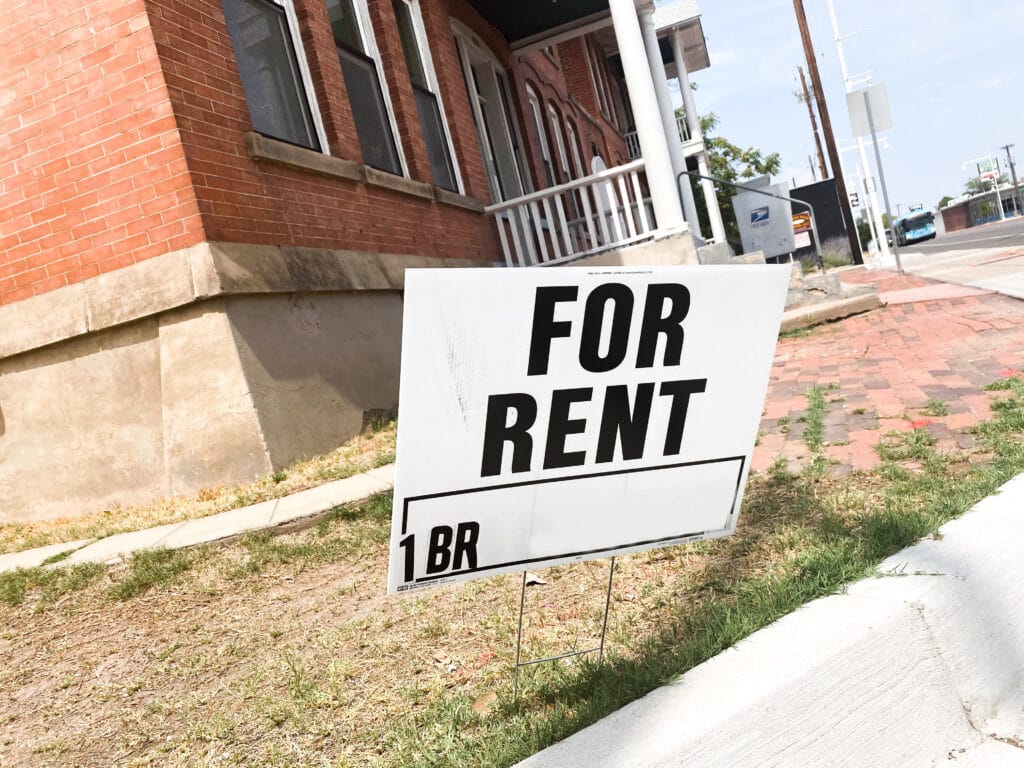Navigating the complexities of rental agreements and landlord-tenant laws can be daunting, especially when it comes to rent increases. In Massachusetts, the absence of statewide rent control regulations can leave tenants feeling vulnerable. However, there are specific laws in place that protect tenants and ensure fair practices in the rental market. This article will provide a clear understanding of Massachusetts rent increase laws in 2024, empowering you to know your rights.
The Absence of Statewide Rent Control in Massachusetts
Unlike some states, Massachusetts does not have a statewide rent control law. Rent control is a form of regulation that places limits on the amount landlords can increase rent prices. In 1994, a statewide referendum resulted in a ban on rent control in Massachusetts. Since then, there have been ongoing efforts to reintroduce rent stabilization measures, particularly in high-cost cities like Boston.
The lack of rent control gives landlords more freedom to set and increase rental prices. While this can benefit landlords, it often creates instability and financial strain for tenants who may face unpredictable and sometimes exorbitant rent increases.
Notice Requirements for Rent Increases
Despite the absence of rent control, Massachusetts law does have provisions to ensure tenants receive proper notice before a rent increase takes effect. These rules are crucial in allowing tenants adequate time to adjust their budget or explore alternative housing options.
- Notice Period: Landlords must provide at least 30 days’ notice or a notice period equal to the frequency of rent payments, whichever is longer. For most tenants with monthly payments, this means a 30-day notice period. If your rent is due every other month, you’re entitled to a 60-day notice.
- Valid Notice: The notice must be in writing and can be delivered in person, by mail, or (if agreed upon in your lease) electronically. The notice should clearly state the new rent amount and the effective date of the increase.
It’s important to note that if you have a fixed-term lease (e.g., a one-year lease), the landlord cannot increase the rent during the lease term. Rent increases in this case can only take effect when the lease expires, and a new lease agreement is offered.
Discrimination and Retaliatory Rent Increases
Massachusetts, like most states, has laws to protect tenants from unlawful discrimination in housing. These laws safeguard tenants from unfair practices based on:
- Race
- Color
- Religion
- National origin
- Sex
- Gender identity
- Sexual orientation
- Age
- Disability
- Familial status (having children)
- Source of income
- Ancestry
- Genetic information
- Veteran/military status
A landlord cannot single you out for a rent increase based on any of the above protected classes. Additionally, landlords cannot retaliate against tenants who exercise their legal rights, such as:
- Reporting unsafe housing conditions
- Joining a tenants’ union
- Withholding rent in legally permissible situations
Retaliation can take many forms, including unjustified rent increases. If you believe you’re a victim of discrimination or retaliatory action, it’s essential to seek legal advice.
Challenging Unreasonable or Excessive Rent Increases
While there’s no percentage cap on rent increases in Massachusetts, that doesn’t mean landlords have unlimited power. If you believe a rent increase is unreasonable or excessive, you have avenues to explore.
- What is “Reasonable”?: Massachusetts law doesn’t define “reasonable” rent increases. However, factors that may be considered include:
- The current rental market and comparable rents in your area
- Cost of living increases
- Property taxes
- Necessary maintenance or repairs to the unit
- Taking Action:
- Negotiation: Start by attempting a conversation with your landlord. Express your concerns about the increase and try to reach an agreement that feels fair to both parties.
- Seek Mediation: Mediation services offer a neutral setting to discuss the rent increase and find a solution. Contact local housing organizations for potential mediation resources.
- Legal Representation: If negotiation and mediation fail, you may consider seeking legal advice from an attorney specializing in landlord-tenant law. In egregious cases, taking your landlord to court could be a last resort.
The Potential for Change: Rent Control on the Ballot
The debate surrounding rent control in Massachusetts is ongoing. In 2024, residents could see rent control back on the ballot as a statewide measure. It’s essential for tenants to remain informed about the arguments both for and against rent control policies:
- Arguments for Rent Control
- Affordability: Rent control aims to stabilize rents and prevent sudden, exorbitant increases, making housing more affordable for tenants.
- Tenant Stability: Predictable rents allow tenants to plan their finances and avoid displacement due to unaffordable housing costs.
- Neighborhood Preservation: Rent control can help preserve the economic diversity of neighborhoods, preventing the displacement of lower-income residents.
- Arguments Against Rent Control
- Housing Supply: Critics argue that rent control can discourage landlords from investing in property maintenance and new housing development, potentially reducing the available housing supply in the long run.
- Market Distortion: They claim that rent control interferes with the natural market forces of supply and demand.
- Landlord Hardship: Some argue that rent control can unfairly burden smaller landlords who rely on rental income for their livelihood.
Conclusion
Understanding Massachusetts rent increase laws is vital for tenants to protect their housing stability. The absence of rent control creates unique challenges, but knowledge of notice requirements, discrimination laws, and options for challenging excessive increases empowers tenants to advocate for themselves. Staying informed about potential policy changes like the 2024 ballot initiative will be crucial for tenants as the debate over rent control continues.
Sources
- Mass.gov Tenant Rights: https://www.mass.gov/info-details/tenant-rights
- Massachusetts Rent Control Laws (2024) | The Complete Guide: https://www.doorloop.com/laws/massachusetts-rent-control-laws * How Much Can A Landlord Raise Rent in Massachusetts in 2024? https://www.steadily.com/blog/how-much-can-a-landlord-raise-rent-in-massachusetts
- Massachusetts Rent Increase Laws: What Tenants Should Know: https://www.reneelazarlaw.com/blog/2024/01/massachusetts-rent-increase-laws-what-tenants-should-know/
Disclaimer: This article provides general information and should not be taken as legal advice. If you face disputes regarding rent increases or other legal matters, consult with a qualified attorney.



